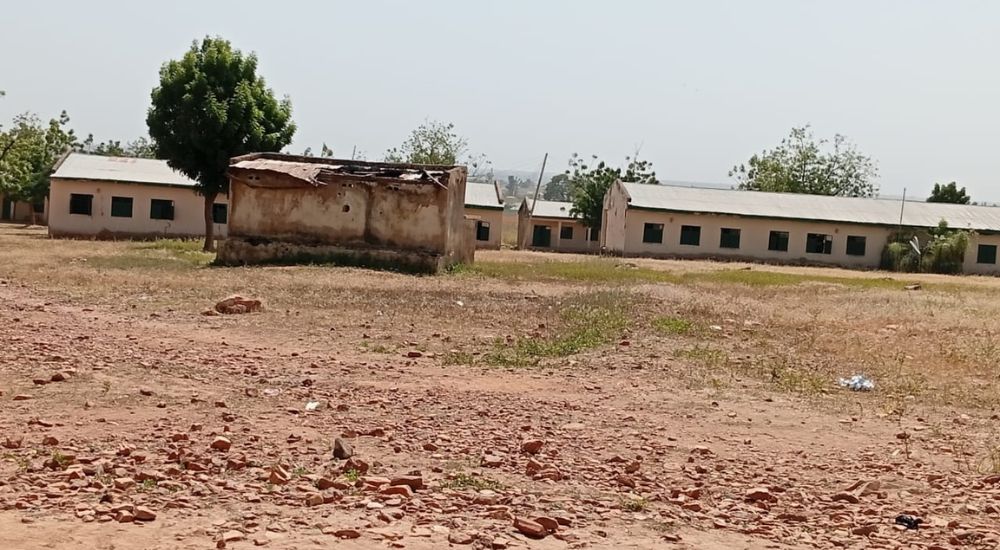When armed men stormed Government Comprehensive Senior Secondary School (GCSS) Maga in the early hours of Monday, most residents believed it was yet another brazen attack. But what unfolded inside the school revealed something far more unsettling: an insider working quietly in the shadows.
Fifteen-year-old Khadija Hassan, daughter of the slain school chief security officer, Malam Hassan Makuku, recalls the moment she came face-to-face with the mysterious man inside the dining hall.
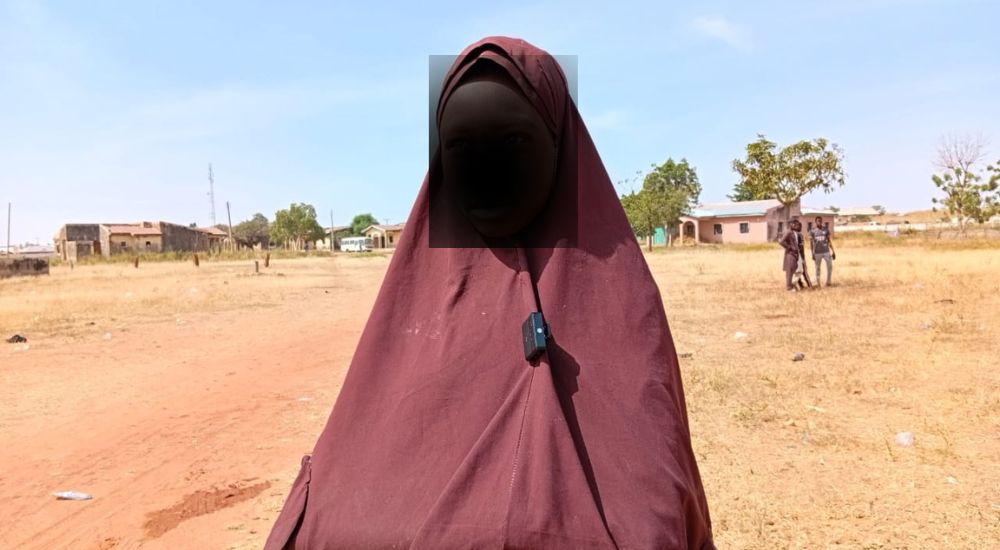
What she witnessed after her father’s killing has become one of the most disturbing pieces of the puzzle.
According to the young girl, the armed men summoned her to show them where wealthy people stay in the staff quarters.
“I told them I did not know anyone. Then they asked me to take them to the female hostel. As we reached the dining hall, a man came out from the dark.”
Advertisement
“He was not armed. He asked who I was. They (armed men) told him I was the daughter of the person they were instructed to kill.”
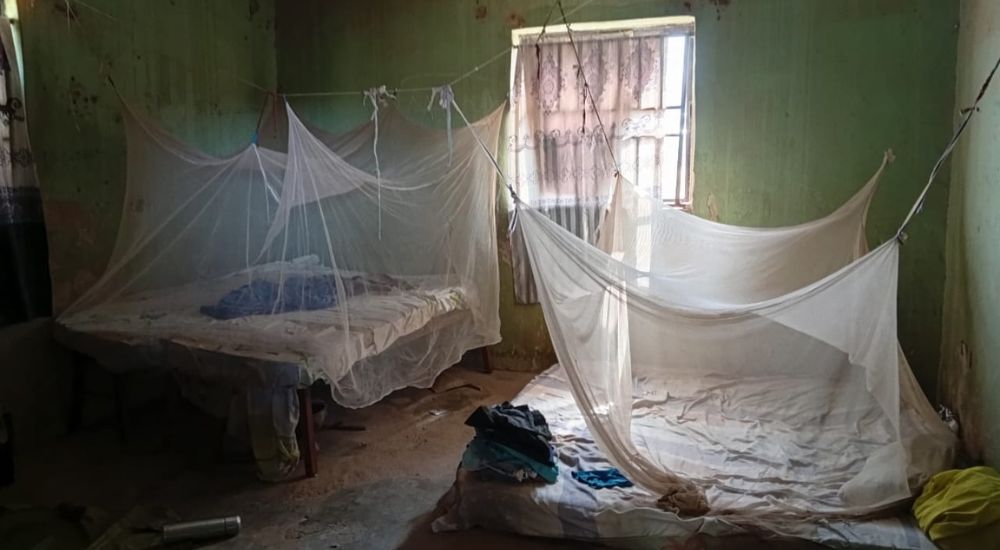
To the terrified girl, one thing was clear: the man in the dining hall was not a victim. He was guiding them.
Khadija believes the attackers came specifically for her father. “He was the one they wanted. The hostel security guard, Malam Aliyu, was killed when he attempted to close his door after spotting the armed men.
Amina Hassan, the wife of the late chief security officer, who was in the same room with him when the armed men forced their way in, confirmed the incident.
Advertisement
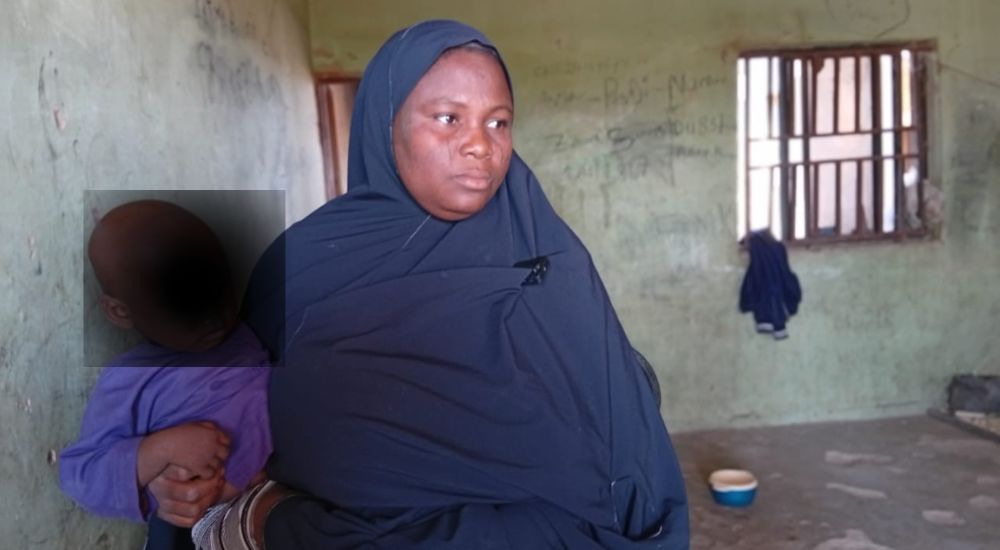
She recounts how they (armed men) burst into the room while her husband was still lying down.
“Before he could stand on his feet, they (the armed men) asked him, ‘Are you Malam Hassan Makuku?’ and he replied, ‘Yes.’ They told him, ‘We are here to kill you,’ and my husband pleaded with them not to kill him while he was still lying down.”
He managed to stand, and they shot him as he was reciting some prayers. The terrified wife could not stand the sight of blood gushing out of her husband’s chest, where he was shot. She rushed toward him, using her hands to stop the bleeding.
But the armed men warned her that if she went any closer to him or touched him, they would kill her too.
And that was how the helpless wife watched her husband pass away in agony without being able to help him.
Advertisement
“They slapped my little son, who was with us and crying after seeing what happened to his father, and ordered him to keep quiet”
What makes the killing of Makuku even more suspicious is the claim that Malam Hassan had been in recent discussions with security personnel about suspicious movements around the school.
His elder brother, Muhammad Yakubu Makuku, who lives in Danko Wasagu, a few kilometres away from Maga, said that he learnt that his late brother had discussions with security men days before the attack.
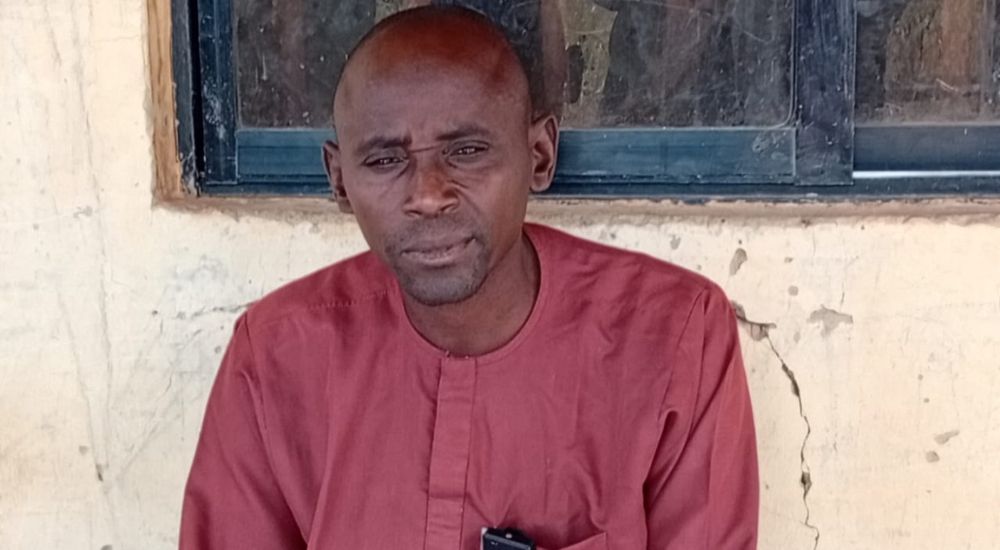
“He even snapped pictures together with some security personnel and students. We suspect that his involvement with the security affairs of the community is why they killed him.
Locals alleged that he may have been marked for death, possibly by informants who viewed him as a threat to their connection with the bandit network.
For residents of Maga, the biggest question is no longer how bandits operate, but who tells them what to do.
Dan Juma Umar, a resident of Maga, said the community had sensed something was coming.
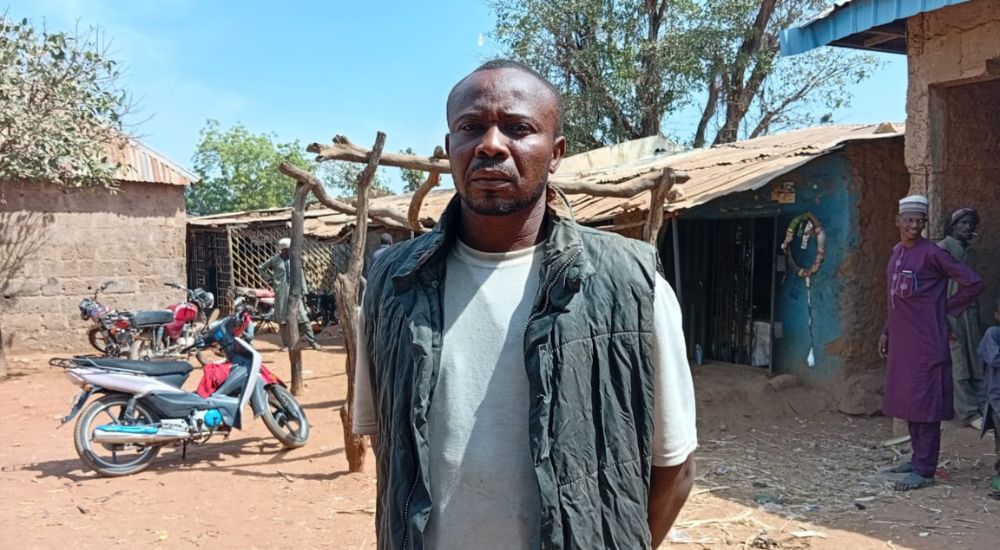
“We got an alert three days before the attack. We gathered intelligence and informed security operatives. But nothing happened.”
According to him, this is not the first time the Danko Wasagu Local Government Area has suffered raids.
Umar recalls earlier attacks in Boge, where cattle were stolen, and in the Produce area, where properties were carted away.
But in all cases, he insists that the attackers acted on precise intelligence, “the type only someone living within the community could provide.”
“We notified security about strange persons entering the community that day. Had they acted on our alert, this tragedy could have been avoided.”
He also said that the attackers used diversionary tactics before hitting Maga.
“They first moved towards Dango Wasagu to distract security. By the time the security operatives realised it was a decoy, the bandits had already entered Maga.”
THE SILENT NETWORK BEHIND MANY ATTACKS
Across the North-West states of Zamfara, Kebbi, Sokoto, Katsina, security analysts have repeatedly identified a common thread: behind mostly successful bandit attacks, there are usually some Informants who provide the attackers with vital information
Aminu Aliyu Sabon Gari, a security analyst who has been following insurgency trends, said that many of the attackers are strangers who come from different locations and set up their camps deep inside the forests. However, they recruit people from nearby communities to feed them with information.
“Names of wealthy residents, the layout of communities, security routines, security plans, blind spots, the best time for attackers to strike, and other key details are often shared by informants,” he explained.
He added that the most frightening part is that these informants are also community members, cutting across men, women, the young, the old, and even security personnel and politicians
This is not merely theoretical. Security forces have arrested multiple suspected informants and collaborators in Katsina, Zamfara and Sokoto states over the years, including local youth leaders and vigilante members accused of guiding attackers.
A WIDER TREND
Across Nigeria, violence continues to escalate. Data obtained by The Whistler shows that more people were killed by insurgents and bandits in the first half of 2025 than in the entire year of 2024.
Underscoring the worsening security crisis. The Katsina state commissioner for internal security, Nasir Muazu, said 80 per cent of banditry incidents in the North-West are enabled by informants, whose insider knowledge makes communities even more vulnerable to attacks.
To that end, the Sokoto state government ordered security agencies to treat anyone caught acting as an informant for bandits in the same manner as they treat the criminals themselves.
In Borno State, Governor Umar Babagana Zulum claimed that some military officers and politicians are informants and collaborators for Boko Haram terrorists.
Shu’aibu Umar, a Sokoto-based legal practitioner, said the
The Nigerian Terrorism Prevention and Prohibition Act (2022) is unambiguous about the criminal liability of informants who aid or enable terrorist or bandit operations.
According to him, the law classifies supplying information, logistics, shelter, or any form of material support to a terrorist group as a serious felony.
“It carries penalties of up to life imprisonment. Even withholding knowledge of an impending attack can attract up to ten years’ imprisonment,” he explained, noting that many residents do not realise that even silence out of fear or coercion is also punishable under the Act.
Umar stressed that Nigeria’s legal framework is robust on paper, with clear provisions intended to deter the use of civilian informants by armed groups.
However, enforcement remains weak, especially in rural communities where bandit networks have embedded themselves within the social fabric.
He pointed out that in many North-West communities, the presence of informants is an open secret, yet prosecution is rare because security agencies lack reliable intelligence, witness protection is weak, and residents fear retaliation.
“People see how informants live among them, passing information to criminals, but they cannot speak because they know the consequences; until enforcement matches the strength of the law, these provisions will remain largely symbolic.”
He argued that the Maga attack once again highlights the dangerous gap between legislation and implementation, as communities face the double threat of armed attackers and the informants who operate quietly within their midst.
